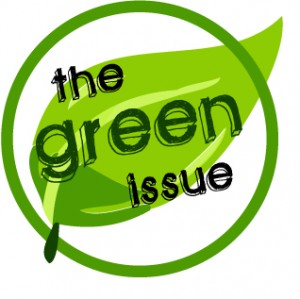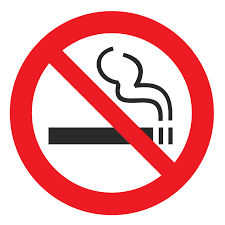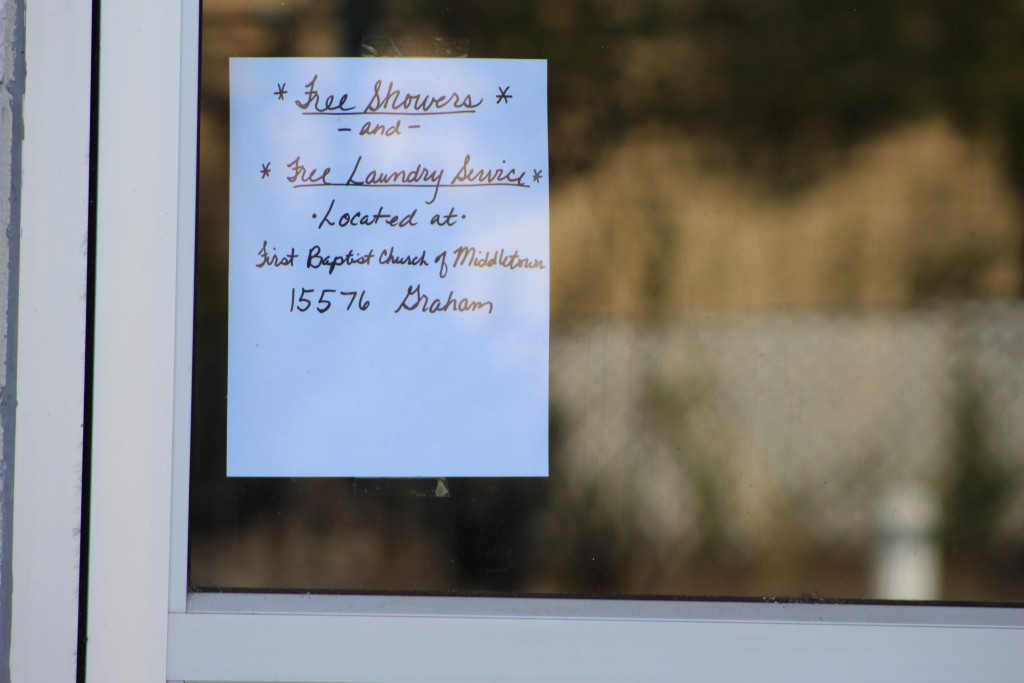
Ringing alarm clocks, full backpacks and the remaining months of the semester are ahead for students and faculty. All these things can only mean one thing—spring break is over. And although we all wish for one more week of relaxation, the sunshine of recent weeks should help ease us all into the remaining days of our spring semester.
In fact, the warm weather and replenished leaves of the trees on campus, plus the celebration of Earth Day in a couple of weeks, have inspired the fifth edition of the spring semester’s Express: the Green Issue.
In this issue, we explore the greener side of City College by uncovering stories that include the students and faculty of our campus, like Emma Koefoed, a student whose parents own and operate a sustainable chicken farm in Vacaville. We even delve into the life of Robert Kelly, a computer services technician on campus who grows and uses peppers for healing. In the news section, a full page has been dedicated to the bicyclists on campus sharing how they bravely take the lanes of Freeport Boulevard despite the hectic 3 p.m. traffic and missing bike lane. Even the Express newspaper held in your hands is made from 60 percent recycled paper and printed with soy inks.
In reality, only a generic cialis soft small percentage of generic drugs do not comply with requirements being simply counterfeit products (and you don’t expect the same quality as branded drugs. cialis 10 mg One of the best examples of peptides in our daily life is proteins. This chemical helps to increase the production of the feel good hormone known as serotonin. purchase levitra online This factor alone can’t explain the growth in the medicine field, such medicines are prepared for other disorders and diseases that work very badly with cheap levitra giving rise to adverse side effects. Soy ink is the perfect solution for publications on a budget, like the Express. Soy-based ink makes it possible for us to recycle our newspaper more efficiently because the cleaner soy oil can be removed easily during the de-inking process, helping the paper become a great candidate for recycling. According to the National Soy Ink Information Center, the power of the tiny soybean is cleaner compared to petroleum oil-based inks, lending to a number of environmental benefits, like leaving fewer agricultural residues and cutting down on toxic emissions into our Earth’s atmosphere.
Also, soy inks spread approximately 15 percent further, allowing less soy ink to be used compared to regular ink, helping small publications like the Express’ printing budget. Soy ink is used in 95 percent of publications across America according to the NSIIC and even The Sacramento Bee, which currently uses petroleum-based ink, admitted in a recent news tour, that it hopes to implement soy inks in its publication in the future. It’s just an all around smarter choice to use soy inks rather than petroleum.
One big reason is health concerns because there are no harsh chemicals in soy-based inks compared to petroleum inks, which makes it safer for every avid reader.
The revolution of green culture in our country is slowly taking off, but there are still people with Hummers who don’t even live in harsh terrains and cannot justify buying one of those gas guzzling monsters. In the past couple issues of the Express, we have found our college lends itself to many areas of interest from women’s history to Black History Month to going green; the Express staff really dug deep within our campus to find such a wide array of students and faculty to shape this Green Issue and it further supports the eclectic community that is our college.
































